Overview
The SIEL program of the UK's Foreign, Commonwealth and Development Office (FCDO) is a six-year learning partnership between FCDO’s Evaluation Unit (EvU), Innovations for Poverty Action (IPA), and the Abdul Latif Jameel Poverty Action Lab (J-PAL). SIEL aims to:
- Establish a robust evidence base to understand 'what works', including long-term impacts
- Enhance the efficiency and effectiveness of FCDO’s interventions and policies in strategic priority areas
- Equip FCDO staff with the necessary skills to deploy and leverage impact evaluations to optimize value for money.
Between 2024 and 2030, SIEL will provide resources and technical capacity to help FCDO's global programs and policies become more effective and provide good value for money.
By focusing on rigorous impact evaluations, including randomized controlled trials (RCTs) and other high-quality research methods, SIEL will support FCDO to make informed decisions that maximize positive outcomes in four strategic areas: growth, humanitarian assistance, climate and nature, and conflict and fragility.
News & Events | |
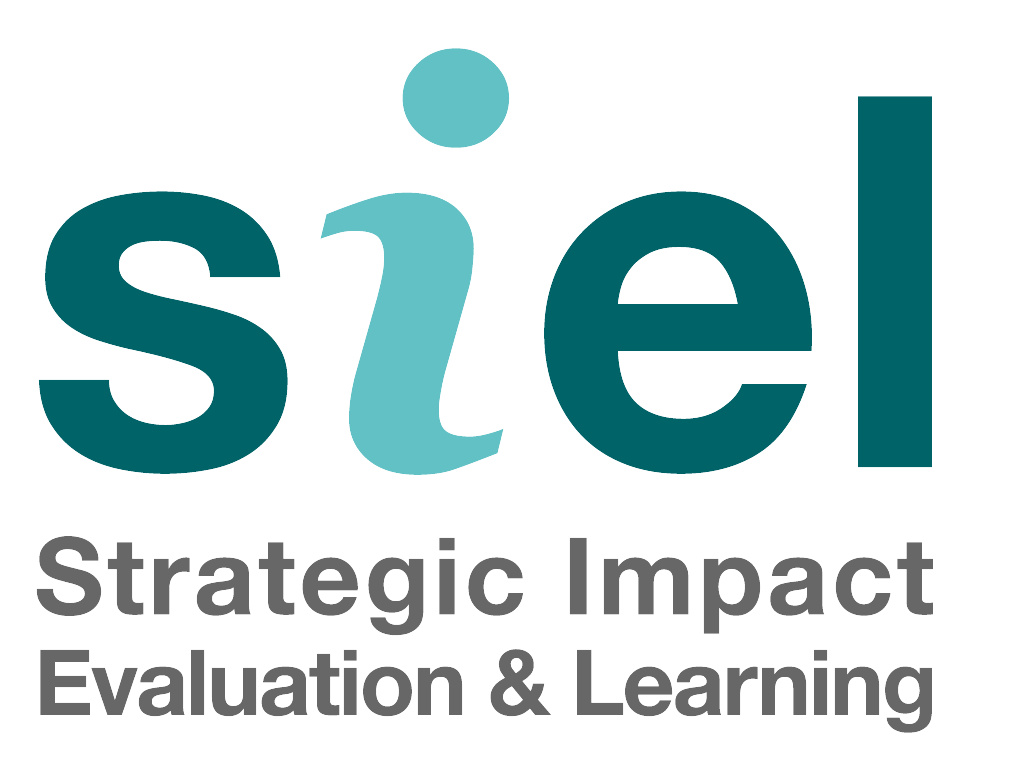 | UK Foreign, Commonwealth and Development Office Launches Strategic Impact Evaluation and Learning Programme |
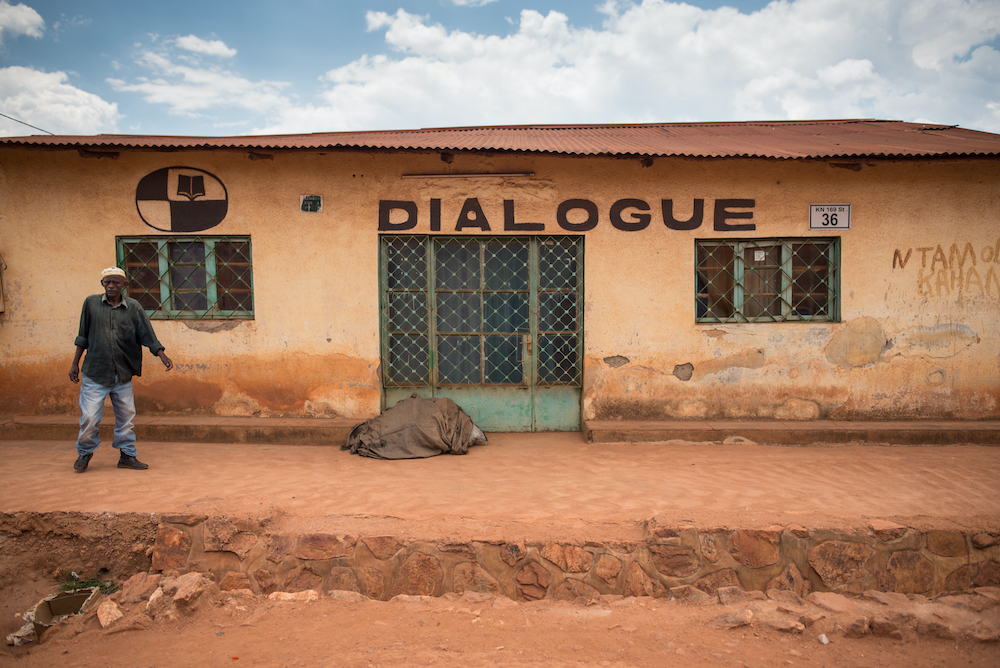 | New: Conflict & Fragility Learning Agenda Explore SIEL’s latest learning agenda focused on conflict and fragility. Click here to read the full agenda. Scroll down to learn more about our learning agendas and how they intend to guide future evaluation of FCDO interventions and to target research to understudied areas with high potential to inform FCDO’s work moving forward. |
How does SIEL help to generate insights?
Development of learning agendas
SIEL has developed learning agendas that outline critical evidence gaps in SIEL's four strategic areas to spark robust impact evaluations of FCDO interventions through a centralized process. The agendas provide a brief overview of existing related evidence from impact evaluations and a summary of critical evidence gaps. This is intended to guide future evaluation of FCDO interventions and to target research to understudied areas with high potential to inform FCDO’s work moving forward.
Explore the available learning agendas here:
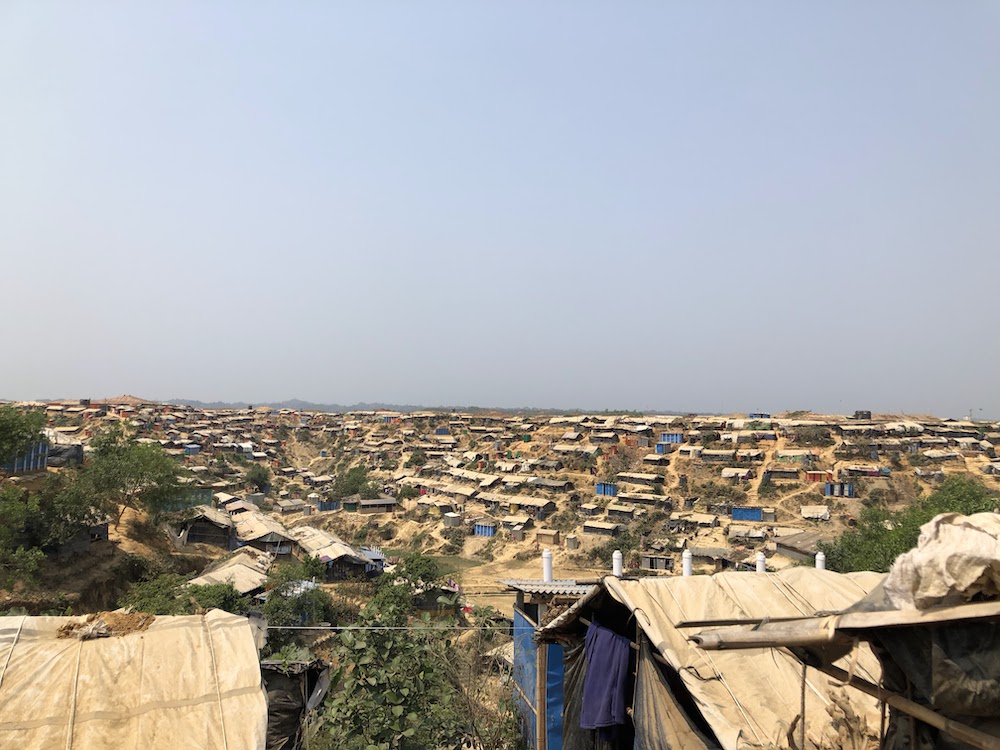 | Humanitarian Learning AgendaGiven the rising need for effective humanitarian programs, it is important that existing evidence gaps are filled to best deliver on the core objectives of the UK’s Humanitarian Framework: 1) prioritizing humanitarian assistance to people in greatest need; 2) protecting the people most at risk; and 3) preventing and anticipating future shocks and building resilience. |
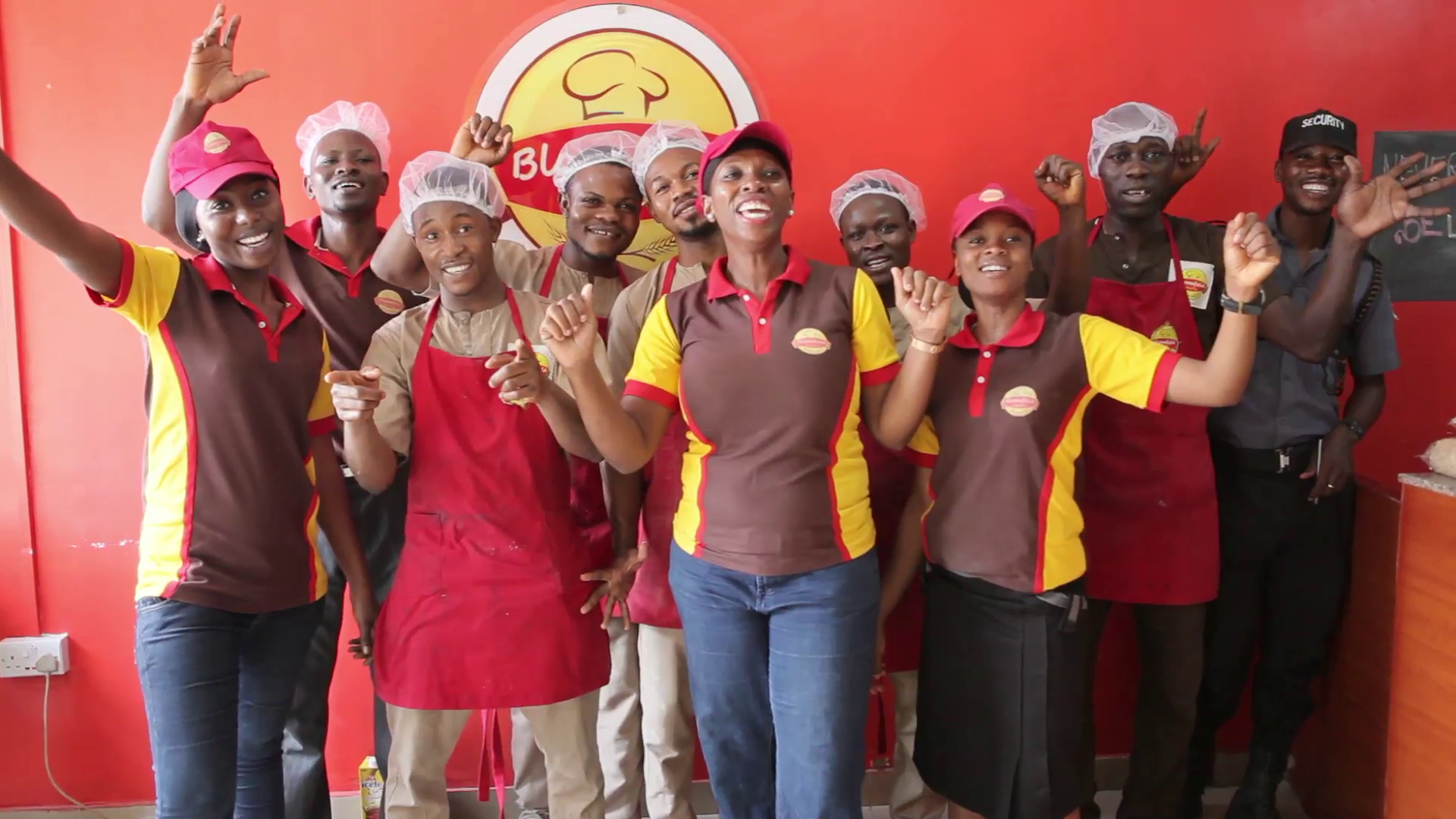 | Growth Learning AgendaDespite significant investments in promoting economic growth, large evidence gaps persist across key areas that hinder effective policymaking and program implementation. These gaps span five key categories: 1) trade and market access for firms and workers; 2) government, regulation, and political economy; 3) access to capital; 4) entrepreneurship, business, and workforce development; and 5) green and sustainable growth. |
 | Conflict & Fragility Learning AgendaWhile the body of impact evaluations on effective strategies for preventing and responding to conflict and the drivers of instability has grown in recent years, important evidence gaps remain. These gaps are organized around four key categories: 1) anticipating and preventing conflict before it erupts; 2) ending conflict and building peace; 3) increasing stability in fragile settings; and 4) responding to emerging state security threats, including transnational and organized crime and violent and religious extremism. |
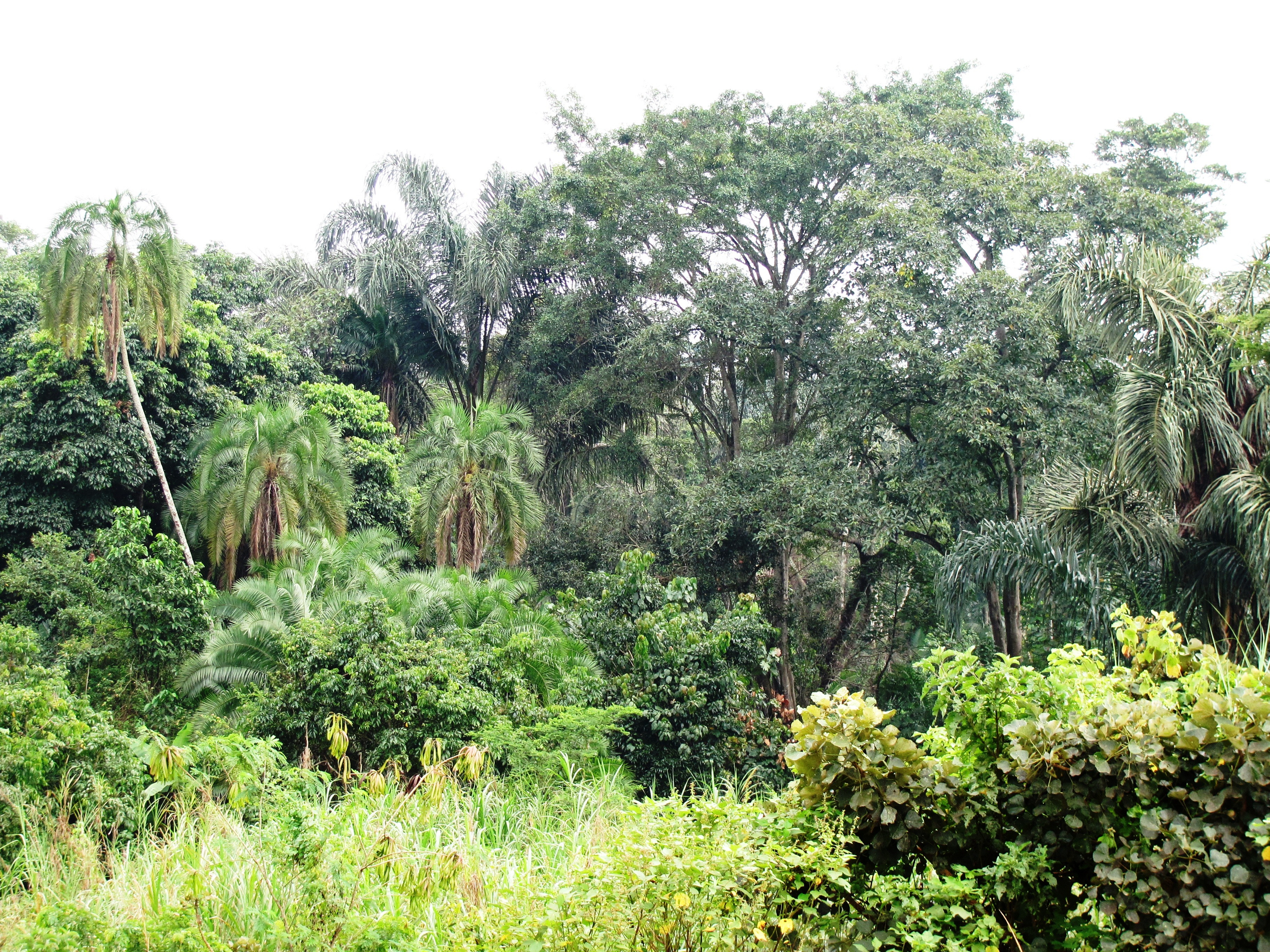 | Climate & Nature Learning AgendaSIEL’s fourth and final learning agenda, focusing on Climate & Nature, will be published soon. Stay tuned! |
Funding for evaluation and support
SIEL will provide funding for a range of evaluations of FCDO programs and policies. FCDO staff are invited to apply for SIEL-funded research through a process coordinated by FCDO’s Evaluation Unit. Proposals are solicited through an Expression of Interest process for four research types:
- Full evaluations (Randomized Controlled Trials and other quasi-experimental methods): Randomized Controlled Trials (RCTs) are a robust method to determine the causal impact of interventions with high confidence. RCTs randomly assign participants to either receive the intervention or serve as a comparison group.
- Long-term follow-ups: Impact isn’t always immediate. Sometimes, the true effects of a program only emerge over time. SIEL funds follow-up studies to assess the sustainability of program impacts years after the intervention. This long-term perspective is crucial for understanding not just if, but how and why an intervention or policy works in the long run.
- Nimble evaluations: Each evaluation question is unique and may require a different approach. Nimble evaluations are designed to be quick, cost-effective studies that are ideal for making real-time adjustments or gathering fast feedback on ongoing interventions.
- Pilot studies: Before committing to a full-scale evaluation, it’s often useful to test the waters. Pilot studies funded by SIEL help teams explore the feasibility of new interventions, refine their designs, and prepare for larger evaluations. These small-scale studies are a vital first step in innovation, allowing experimenting and learning with minimal risk.
FCDO teams can get one-on-one support from IPA and J-PAL staff as well as academic researchers to identify promising opportunities for evaluation and support in proposal and project development.
Capacity strengthening and support
SIEL isn’t just about producing evidence—it’s about supporting FCDO staff to use that evidence effectively. SIEL provides tailored training sessions that are open to all FCDO staff and cater to different levels of experience with impact evaluations. From beginner to advanced sessions on managing complex evaluations, these training sessions are designed to build capacity to commission, understand, and use evaluation results in decision-making.
Dissemination and research uptake
Generating high-quality evidence is only part of the equation—making sure that evidence is effectively used is just as crucial. SIEL will support the wide dissemination of findings across FCDO and beyond. SIEL will work closely with FCDO teams to help them interpret and apply the evidence in their work. This will strengthen knowledge management and organizational learning within FCDO and help deliver more impactful and sustainable programs and policies.
How to get involved
If you are FCDO staff and are looking to enhance your evaluation skills, use evidence for program design, fund a new research project, or collaborate with top researchers, SIEL offers the tools and support you need to drive impactful change.
For more information about SIEL, please email the SIEL team at siel@poverty-action.org.












